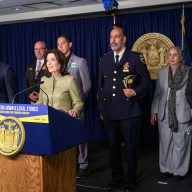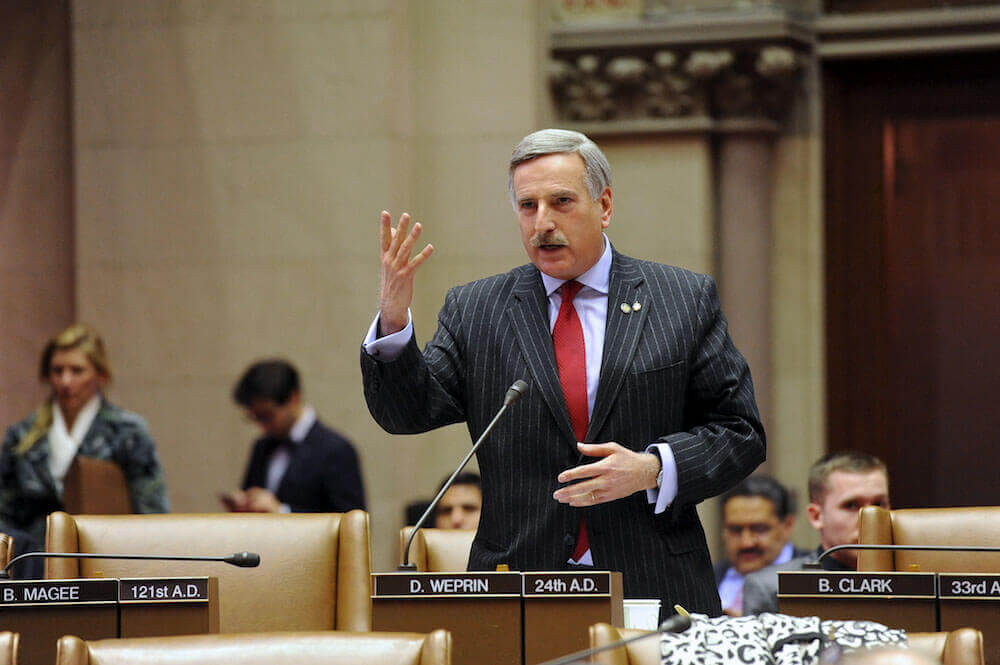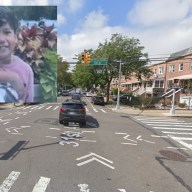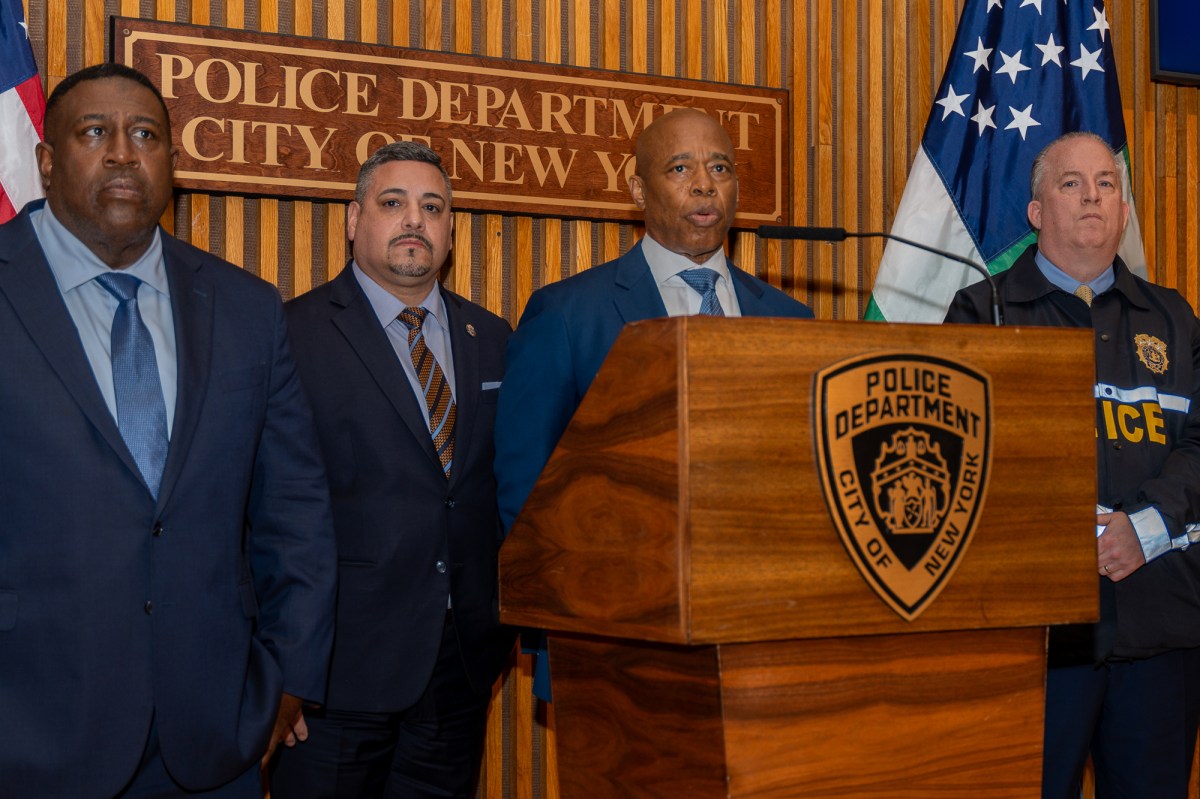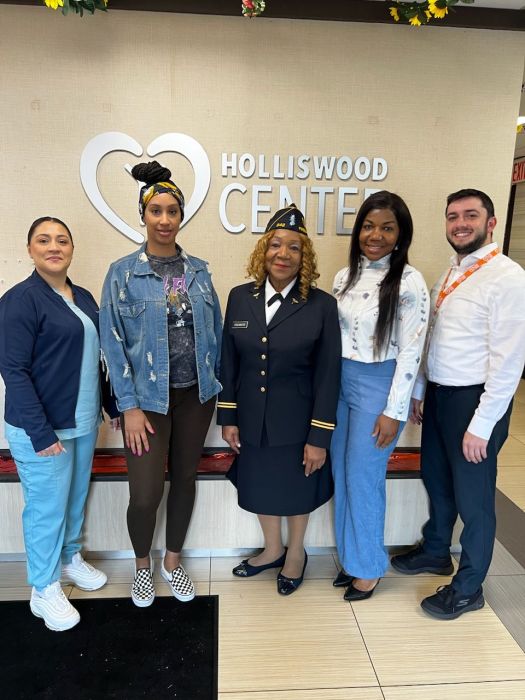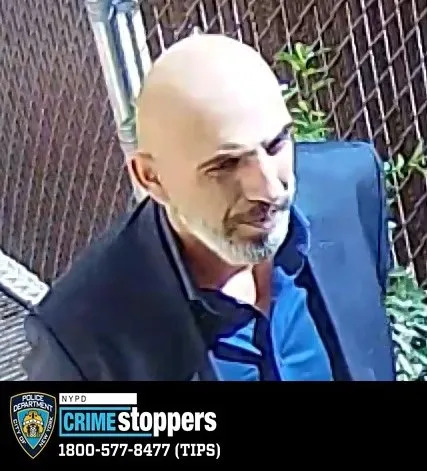By Alex Christodoulides
CHANGER, which stands for Communities, Homeowners and Neighbors Gaining Economic Rights, organized the protest and said in a statement that Washington Mutual and H&R Block's mortgage lending unit Option One are connected to many of the subprime loans in southeast Queens. The group has been trying unsuccessfully to contact executives at both banks to renegotiate loans.Washington Mutual announced in December that it is planning to close its home loan centers, one of which is at the corner of Merrick Boulevard and 110th Avenue, directly across the street from the Allen AME Cathedral, and H&R Block is trying to sell Option One, said Lionel Ouellette, executive director of CHANGER.”Our letters and calls for high-ranking officials at Washington Mutual and H&R Block have not gotten any response. Before Washington Mutual and H&R Block jump off the scene they have to do what's right with their customers,” Oullette said.The two banks have made huge profits buying subprime loans, but have thus far refused to work with the community, he said.The point of the CHANGER protest was to send a message to southeast Queens families to take control of their situation and find a way to get banks to work with them, he said.”The government's response and industry's response is that these people are supposed to lose their homes and just go away,” Ouellette said. “Unless owners en masse rise up and challenge them and bring attention to the banks, it will result in thousands more people losing their homes.”hrb owned subprime lender opt1 – they're 2 particular lenders a lot of our membership is dealing with.”The banks have a stronghold on housing in some communities,” Ouellette said. “Instead of people having access to fair mortgage products, they have to go through subprime loans.”Deborah Seabrook, 59, wants her house back. She has lived on 116th Avenue in St. Albans since 1952, in a house her family owned in full as of 1982, or at least she used to live there until June 26, 2006, when a United States marshal changed the locks and informed her that the mortgage was in foreclosure.Seabrook said her elderly mother's identity was stolen in 1995 and used to make her a straw buyer, sending ownership of the house through multiple hands and lending institutions, including Washington Mutual and Long Beach Mortgage Company, one of its subsidiaries.”Washington Mutual denies having anything to do with it even though they're listed as the foreclosing bank,” she said. Documents from October 2005 on the Department of Finance Web site back this up, though it lists Seabrook's mother, Lucretia Spence's, address as 90-35 148th Street, which is not her home but the address of the Queens County Bar Association.”We're trying to get out that banks are accepting fraudulent information,” Seabrook said. “Washington Mutual gave us a letter [from May 2005] stating that we owed nothing.”Then Spence's identity was used to transfer the deed to the house to by someone named Chen Lun Hsu to take out a new deed and new mortgage totaling $666,000 on the one-family house in October 2005. Hsu's name appears several times in the house's records listed since 2005 on the city Department of Finance Web site. Another $95,560 mortgage was then taken out on the property in Hsu's name in February 2007. The city recognizes the name on the last deed filed as the owner of the property, which by now is Hsu's, Seabrook said.CHANGER aims to give local buyers the tools to fight foreclosure, Ouellette said. “They have to join up with other homeowners, file complaints with Better Business Bureau and identify who their mortgage broker is,” he said. “We'll keep track of the mortgage brokers, create a database and link it together” so that prospective buyers can search it and so the organization can send the information to the state attorney general.Reach reporter Alex Christodoulides by e-mail at achristodoulides@timesledger.com or by phone at 718-229-0300, Ext. 155.







